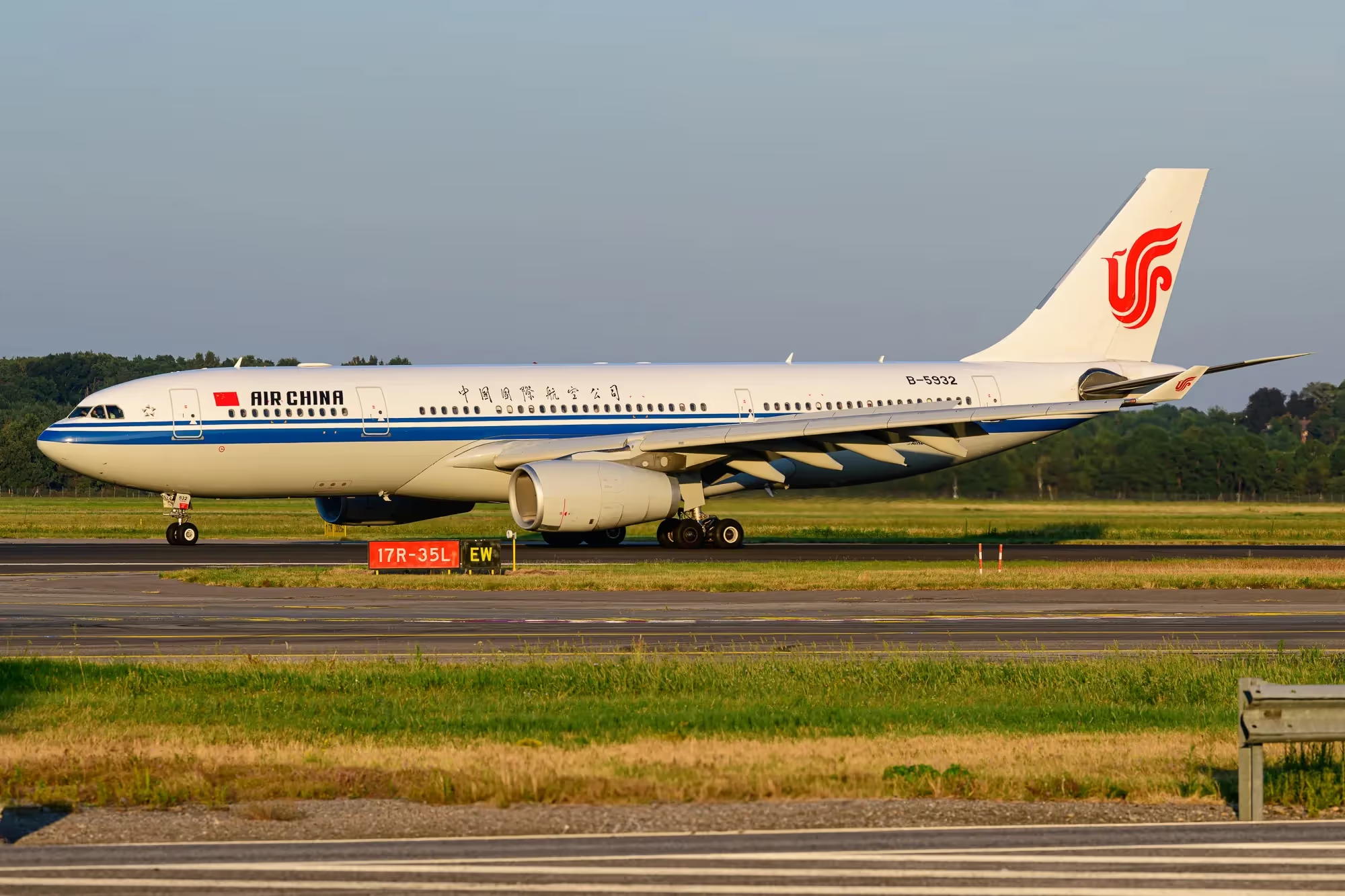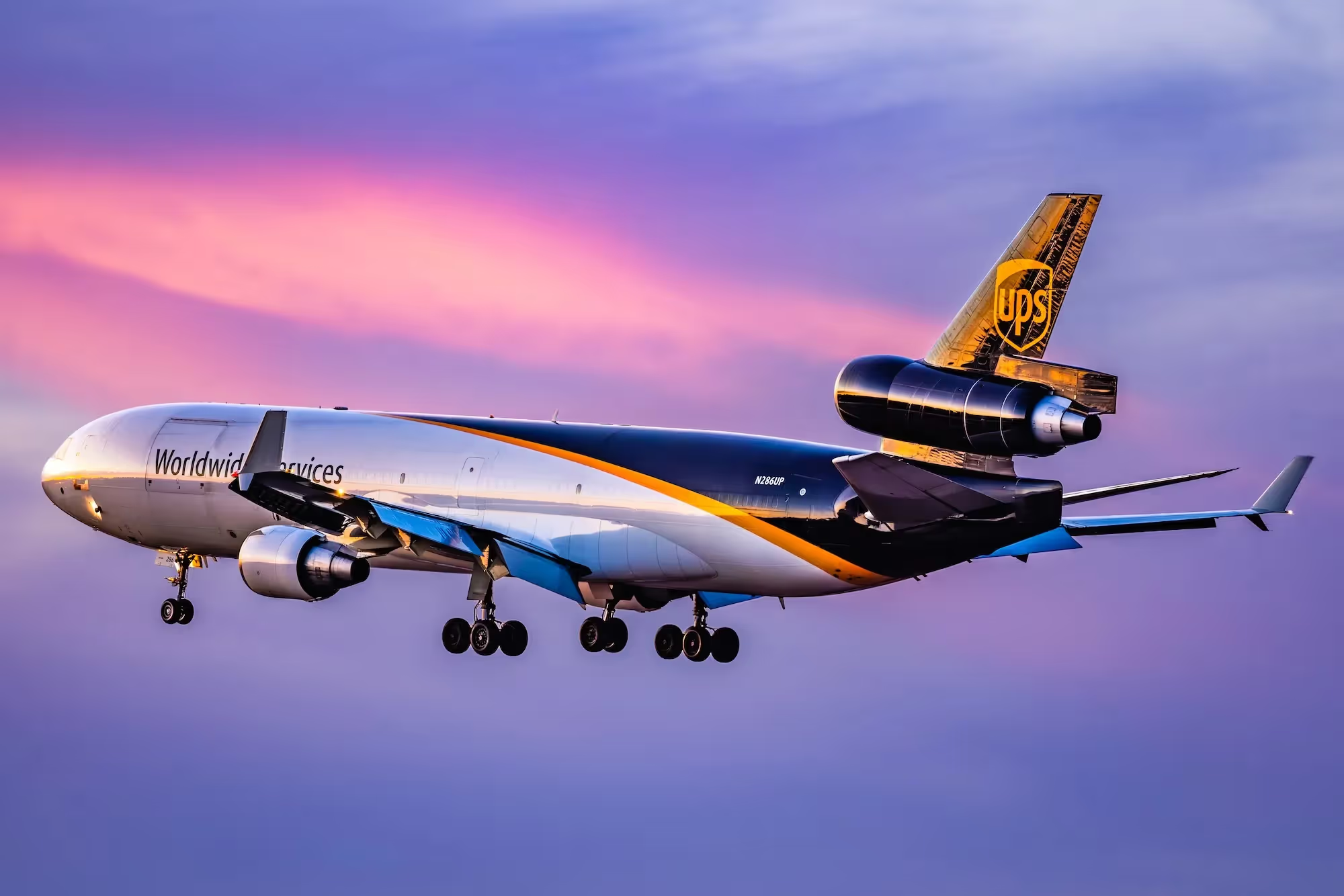DALLAS - British Airways (BA) passengers could face summer travel chaos if London Heathrow Airport (LHR) workers vote on strike action, according to unions.
Hundreds of GMB and Unite members working as check-in and ground workers at LHR voted in favor of holding a formal strike ballot. The strike ballot begins today, June 7, and will end on June 23. Any strike action will take place during the summer travel season.
Heathrow workers are "furious," according to the unions, because a 10% pay cut imposed during the epidemic has not been reversed, despite bosses having their pre-covid pay rates reinstated. The LHR staffing debacle is but one of many issues the global airline industry is facing as summer travel demand grows.
Since January, US airlines have been canceling flights across the country due to an overwhelming staffing shortage in the industry.
Moody's Investors Service said in a report that it expects the staffing shortages to persist throughout the summer for both US and European airlines and airports. There are simply not enough employees to meet pent-up demand.
"Staffing disruptions are coming home to roost for US, UK, and European airlines and airport operations," the report says.

Why the Vote to Strike?
Nadine Houghton, GMB National Officer stated that “BA forced our members into pay cuts during the pandemic when they had little workplace power to fight back. Now our members are back at work and staff shortages are hammering the company - it is their time to claim back what is theirs... These workers are claiming back what they had robbed from them due to BA’s callous fire and rehire during the pandemic."
Houghton added, “These loyal workers have stood by BA through thick and thin. They have kept passengers moving when staff shortages and IT failures nearly brought the operation to a standstill."
GMB is a general trade union in the United Kingdom that has more than 600,000 members.
The GMB National Officer, cut deeper by claiming, “They received shocking abuse from passengers, all while BA are refusing to return their 10% pay cut. If BA wants to avoid industrial action that will trash many people’s summer holidays, they need to do what’s right by check-in staff.”
On her part, Sharon Graham, Unite the Union general secretary, said, “Under the cover of COVID, British Airways used the abhorrent fire and rehire practice to slash check-in and ground handlers' pay by 10%."
Unite is a British and Irish trade union that was formed on May 1, 2007, by the merger of Amicus and the Transport and General Workers' Union.
Graham continued, “In a further disgraceful move, BA has now restored the pay of managers but has kept the cut for these workers. This is why our members have voted overwhelmingly to proceed to strike action. This is about paying the rate for the job."
“BA has had every opportunity to resolve this dispute through negotiations but it has failed to do so. Our members are left with no choice but to vote for strike action this summer... Unite will be giving its members its unequivocal support until this dispute is resolved,” added the Unite general secretary.

What Does British Airways Say?
In a statement, a spokesperson for BA said, "We are aware that some of our customer service colleagues will be participating in a ballot for industrial action initiated by Unite and GMB."
"Whilst not surprising given the issues across the transport sector, it's extremely disappointing... After a deeply difficult two years which saw the business lose more than four billion pounds, these colleagues were offered a 10% payment for this year which was rejected."
The airline ended by saying, "We remain fully committed to talks with our trade unions about their concerns and we hope that together we can find a way to reach an agreement in the best interests of our people and our customers."
The problem is not solely BA's or the UK's, and the situation at the British crown airline is one example of the many issues the global aviation industry is facing as travel recovers and summer travel kicks off.

Aviation Sector's Achilles Heel
According to the Moody's report, staffing shortages plaguing airports and airlines in parts of the world could become "the industry's Achilles' heel" as it struggles to meet recovering travel demand after the easing of COVID-19 restrictions.
The crux of the matter is that the shortages are forcing airlines to cut capacity below planned levels, hampering their ability to serve the stronger-than-expected recovery in air travel demand at the start of the summer travel season.
As such, capacity constraints, particularly in the US and Europe, are expected to persist this year and for most of 2023, the credit rating agency said.
"Several airlines have recently disclosed that they have reduced their schedules due to staffing constraints after substantially thinning their ranks in 2020 in response to the pandemic," Moody's said. "Meanwhile, the competition for pilots is intense, increasing airlines' costs for recruiting, hiring and training."
As border restrictions throughout the world are loosened, global airlines are beginning to recover from a two-year decline in air traffic caused by the pandemic. Staff shortages at airlines and airports, on the other hand, have caused substantial problems at certain key hubs, including canceled flights and long security lines.
Following waves of layoffs and early retirements at the height of the pandemic, the industry's latest difficulty is rehiring personnel quickly enough to satisfy recovering demand.
"In hindsight, the early retirement packages and/or furloughs that airlines initiated during the early stages of the pandemic thinned pilot ranks too much, particularly in the US and Europe," Moody's said.

Rebuilding the Pilot Ranks
It takes time to train new employees and obtain their security clearances, which will remain challenging during 2022 and 2023 for several companies, the agency said.
Rebuilding the ranks will take years, especially in the United States, where a commercial pilot's license demands 1,500 hours of flight time. On the other side of the pond, after 800 hours of ground school, a first officer's license in Europe requires at least 200 hours of flying time.
"The US flight hour requirement, the longest in the world, will slow the rebuilding of US pilot ranks, limiting the operations of the US airlines relative to their desired levels," Moody's said.
While this is happening, many US pilot contracts are up for negotiation and the shortfall in supply will lead to higher wages when new contracts are agreed upon.

Final Thoughts
According to the analysis, rising operating expenses, including labor costs and fuel prices, will continue to be a major barrier for airlines through 2022.
Strong travel demand, on the other hand, is increasing the industry's pricing power, allowing airlines to recoup most, if not all, of their additional expenses through fare hikes, according to Moody's.
If there is no worldwide recession, the increasing expense of air travel will not dissuade people from flying, at least this summer and throughout 2022.
We'll have to wait and see if an LHR staff vote to go ahead with a formal strike action means further airline capacity cuts or if it does dissuade UK travelers from flying altogether.
Featured image: British airways G-XWBB Airbus A350-1041. Photo: Joao Pedro Santoro/Airways. Article sources: thenational.com, itv.com, moodysanalytics.com

.avif)
.avif)
.avif)
.avif)
.avif)



.avif)